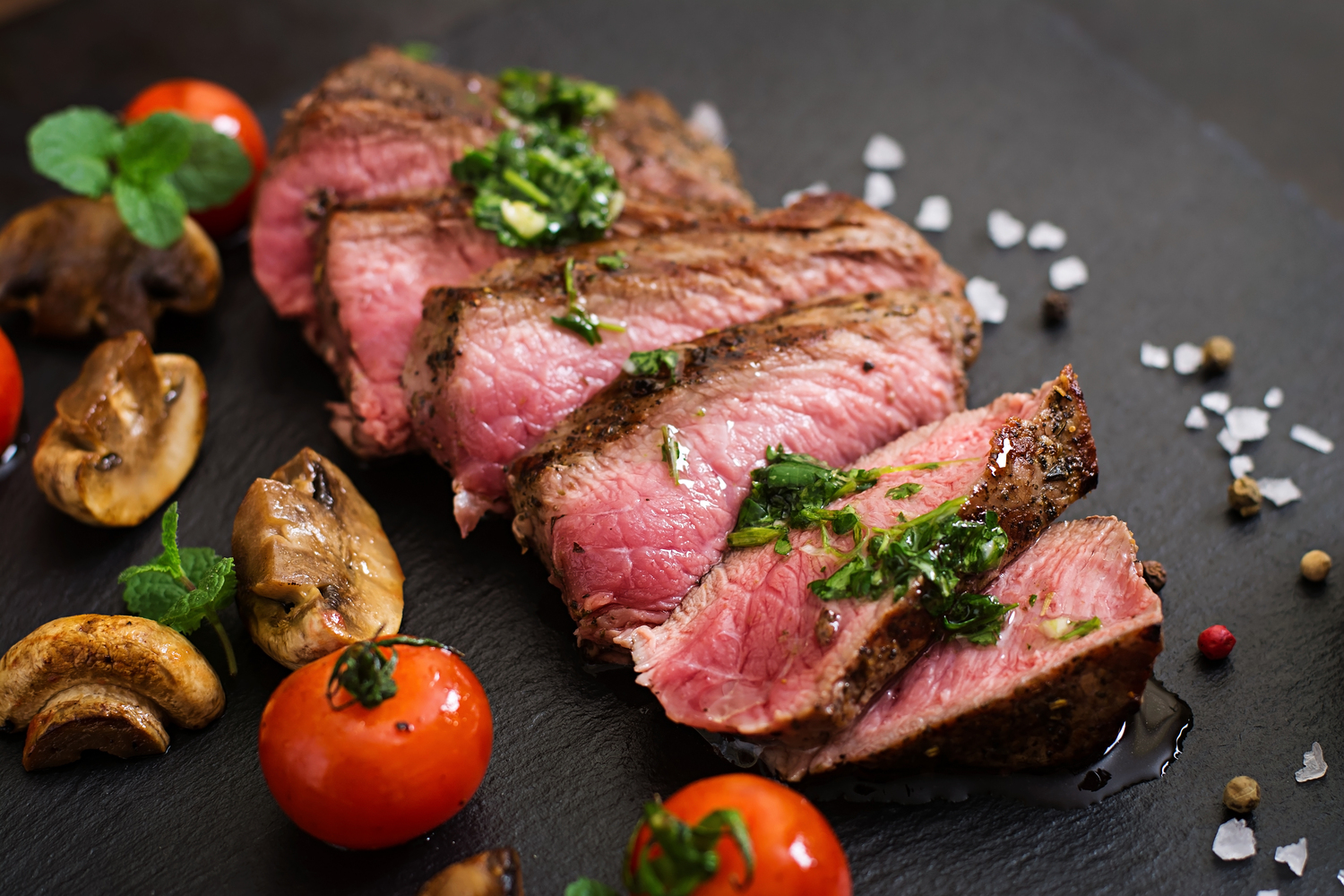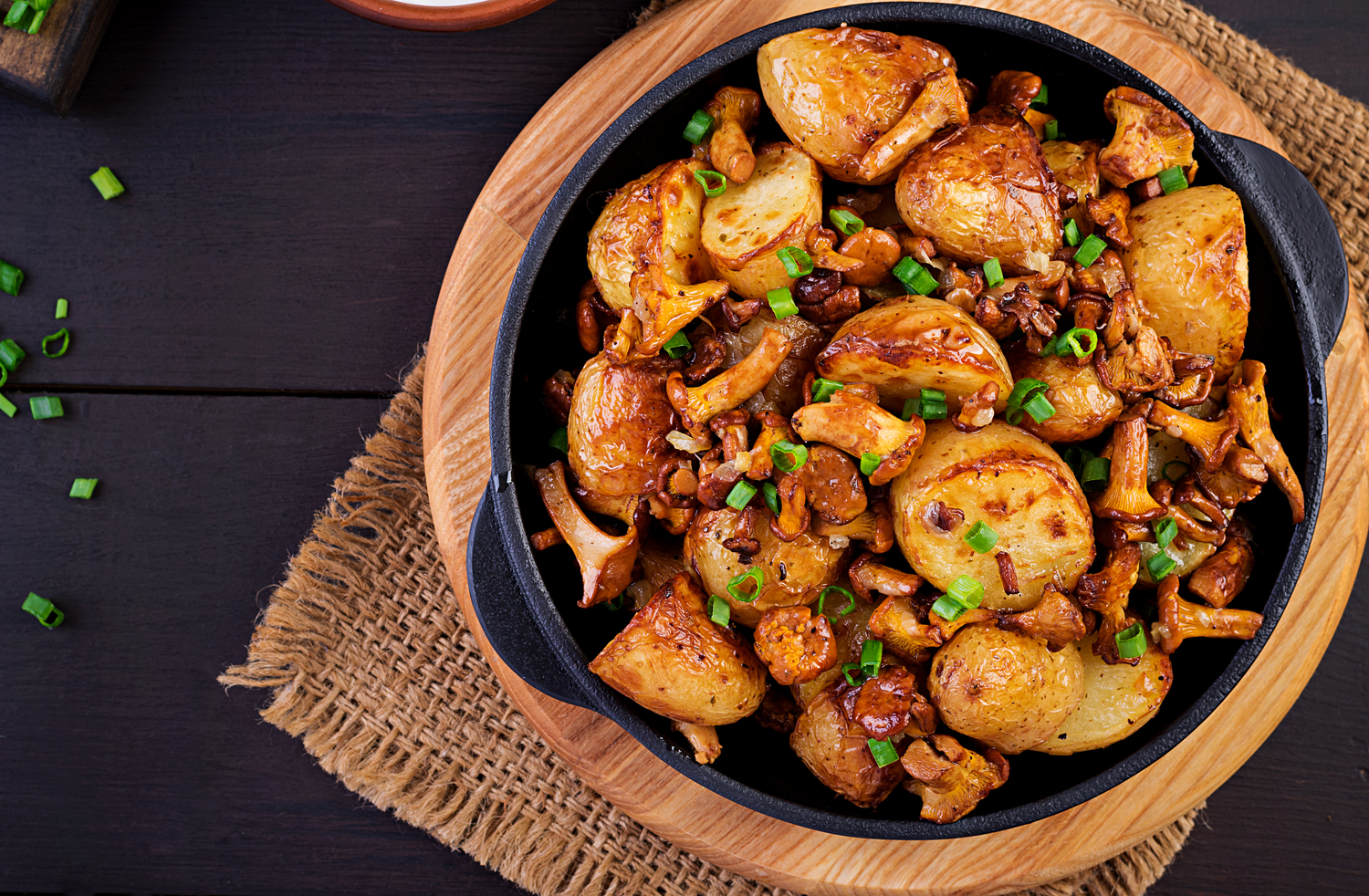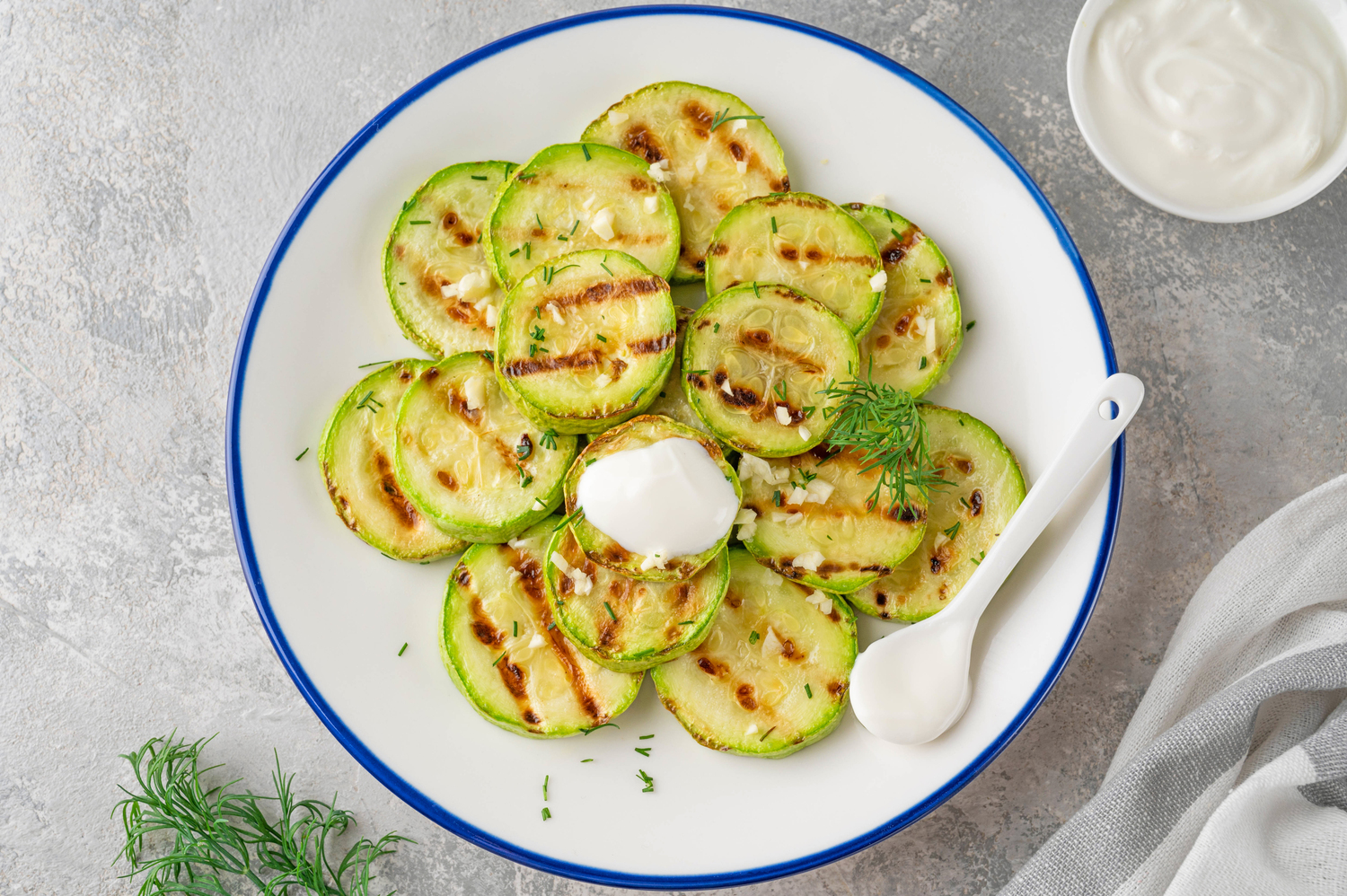Meatless Monday is a powerful, global movement that promotes healthy people and a healthy planet.
It is quite simple: eat meals without meat on Mondays.
Meatless Monday works because it signals you to action on Monday and is the day people are most receptive to positive change. By practicing Meatless Monday every week, more people are motivated to eat more vegetables, fruits, and plant-based foods for the rest of the week.
Related: Importance of Water for a Healthy Kidney
This global campaign was created by Sid Lerner in partnership with the Johns Hopkins Bloomberg School of Public Health. It was designed to reintroduce more fruits, vegetables, and whole grains into our diets, as eating too much meat increases one’s consumption of saturated fat and cholesterol, raising the risk of contracting many diseases. In fact, researchers estimate that replacing one serving of red meat per week with another protein source lessens the risk of developing end-stage renal disease by up to 62 percent.
The Effect of Eating a Lot of Meat on Kidney Health

The kidneys are remarkable because they filter waste, excess nutrients, and fluids from the bloodstream and produce urine.
Meat is a dietary source of high-value protein and micronutrients such as vitamins, zinc, and iron, all of which come with several health benefits. However, eating a lot of protein from animal sources, especially red meat, can consume higher amounts of saturated fat, cholesterol, iron, and salt. It also leads to having too many acidic foods. In addition, eating red meat can lead to an increase in the production of uremic toxins by the gut, which are organic or inorganic substances that accumulate in the body fluids of individuals with kidney disease and renal impairment.
Although red meat can be a nutritious component of various diets, a variety of research suggests that anyone at risk of developing kidney problems could benefit from reducing their consumption of red meat.
Meatless Mondays Help Promote Kidney Health
By cutting out meat from your diet for just one day a week and encouraging more plant-based eating options, Meatless Mondays is a simple way to take the first step towards a healthier lifestyle.

Plant-based foods produce less acidic stress in the diet than animal-based foods like meat and dairy. Unless they're highly processed, plant-based foods are also lower in sodium and in phosphorus that is bioavailable or more easily absorbed by the body. This reduced absorption of phosphorus leads to less stress on the kidneys and a reduced risk of other complications that are caused by consuming excess phosphorus. Having animal protein sources such as red meat increases the acidic load on the kidneys, which increases harmful levels of ammonia that can harm kidney cells.
Studies have shown that eating more meatless alternatives in your diet can slow the development of kidney disease.
Eat More Plant-Based Protein Foods
Plant-based protein foods tend to be lower in calories and fat than animal-based proteins, as well as higher in fiber and essential nutrients. You can reduce your calorie intake and improve your daily nutritional profile by replacing animal-based proteins with plant-based proteins. Plant-based protein sources are also rich in nutrients such as magnesium, calcium, and potassium. Eating plant-based proteins can combine various plant sources with helping you obtain all the amino acids your body needs.

Plant-based protein consumption is correlated with a decrease in the production of serum phosphorus and uremic toxin levels. Studies show that plant-based diets are one of the best approaches to keeping your kidneys healthy. Plant-based foods such as tofu, tempeh, edamame, lentils, chickpeas, peanuts, almonds, quinoa, spirulina, chia seeds, potatoes, dark leafy vegetables, whole grains, and fruits can all result in a range of health benefits, including reduced body mass index (BMI); better control of blood pressure and blood glucose; less inflammation; and lower cholesterol levels, sodium, and phosphorus in the diet.












